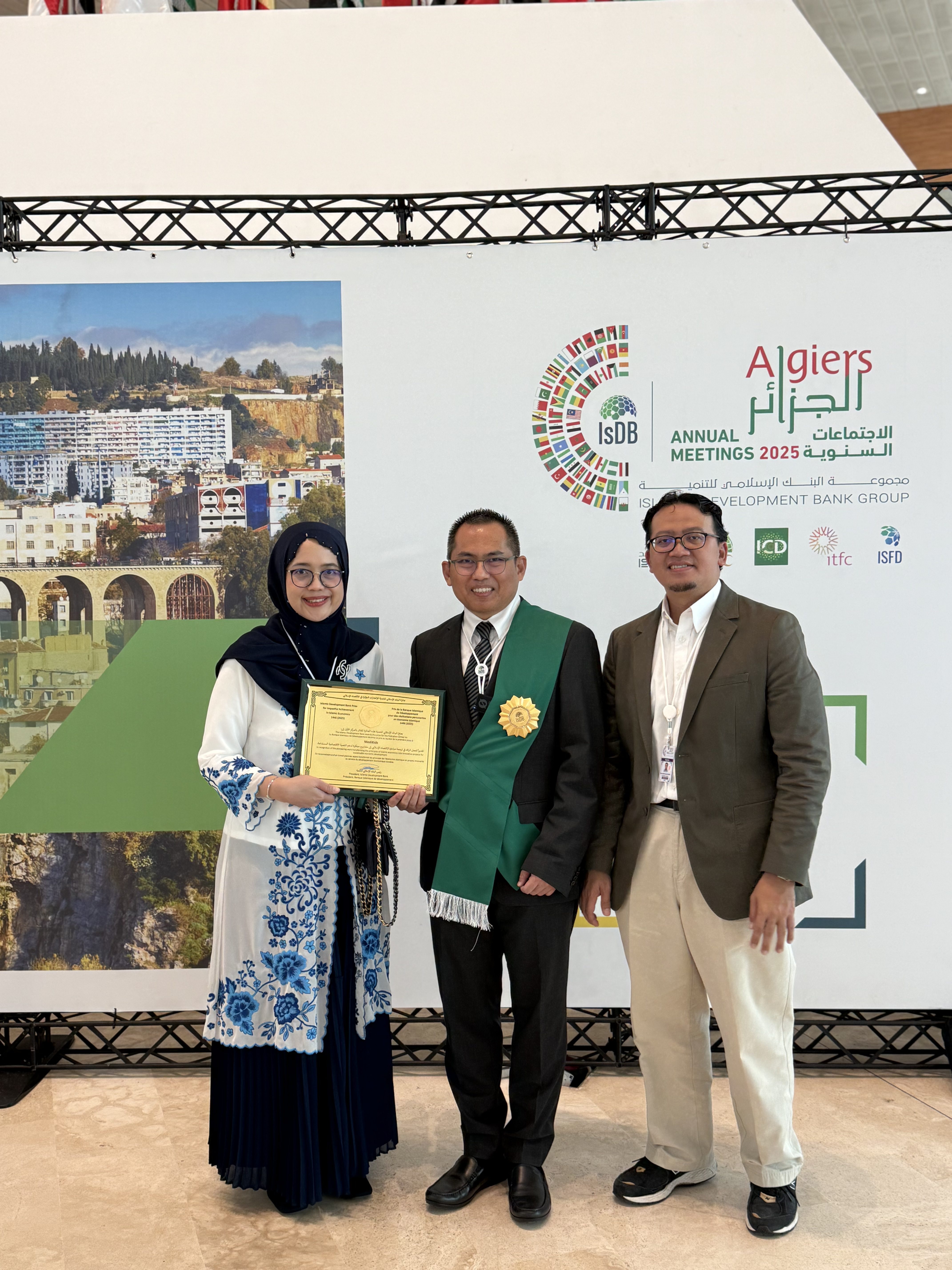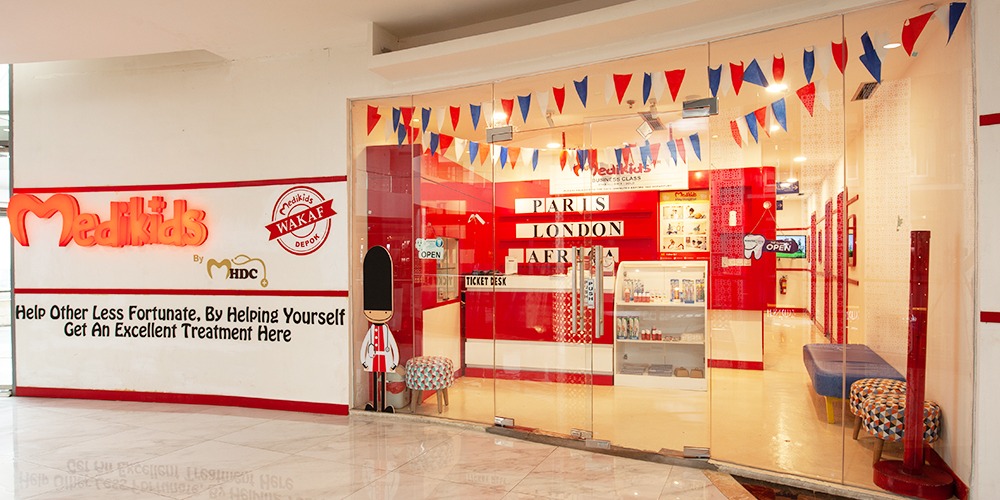IsDB prize laureate on how his initiative will tackle Indonesia's waqf challenges
Medikids, a healthcare initative - co-founded by Afdhal Aliasar, an Islamic economy and finance practitioner - secured the 2025 Islamic Development Bank (IsDB) Prize for Impactful Achievement in Islamic Economics.
Medikids was awarded for its waqf initiative in Indonesia, which deploys dental clinics for families to yield sustainable funding for waqf assets and social welfare initiatives.
We speak with the IsDB prize laureate on his vision, the initiative's community engagement and scalability.
What governance safeguards are in place to ensure Medikids' waqf assets are protected and professionally managed over the long term?
Each clinic that is designated as a waqf asset is a distinct legal entity that is administered in compliance with the government's applicable business regulations and overseen by The Waqf Agency of Indonesia. The capital of this business entity is comprised of waqf funds.
The "waqf operator" function is a professional business actor who has demonstrated their trustworthiness and ability to manage the operations of a dental clinic, which is of paramount importance in the operation of this clinic.

MHDC Group, the appointed operator waqf, has a wealth of experience administering the operations of over 30 clinics throughout Indonesia, spanning over 15 years.
Can you describe your approach to community engagement - both in sourcing waqf donations and in reaching underserved patients?
Initially, the waqf fund was primarily sourced from the founders, as well as the doctors who work in all of our clinic networks and other community members who support this program.
The funds are continuing to increase in tandem with the accelerated rise in net profit from the existing clinics. The waqf foundation has collaboration programs with numerous parties, particularly health campuses throughout Indonesia, to conduct social service activities in a variety of locations in order to distribute to the dhuafa patients in need.
We also offer dental treatment to individuals in need at our clinic locations and encourage children to visit the clinic for educational and enjoyable field excursions to learn about dental health.
Have digital tools (e-dentistry, fintech platforms, blockchain-based waqf registries etc.) played a role in scaling or de-risking your model?
The dissemination of clinical information and news has become a prevalent practice through the use of social media on the internet. We deployed digital tools in the initial stages of incorporating social crowdfunding platforms to broaden the pool of donors who wish to partake in this initiative.
We intend to issue Wakaf Sukuk with a social health theme through the Indonesia Stock Exchange in the future.
We are of the opinion that the role of digital platforms will be more significant when we offer social investments through trusted channels that are indeed based on the performance of social activities that have been running well and continue to develop.
Of course, we place a high value on the trust of the waqf, which is motivated by the desire to achieve results that have a positive and sustainable impact on society and the community.
In what ways could your model be replicated or franchised in other Muslim-majority contexts with varying healthcare infrastructures?
It is highly probable that this program will be further developed in numerous locations worldwide, particularly in other Muslim countries, in accordance with the concept of waqf. The demand for high-quality healthcare services is significantly increased in accordance with the economic development of society.
The key to success will be the concept of a productive and independent waqf that can finance the operations of the waqf assets themselves.
We are highly amenable to the prospect of forming partnerships with other organizations in order to establish a sustainable and productive social movement.

Salaam Gateway